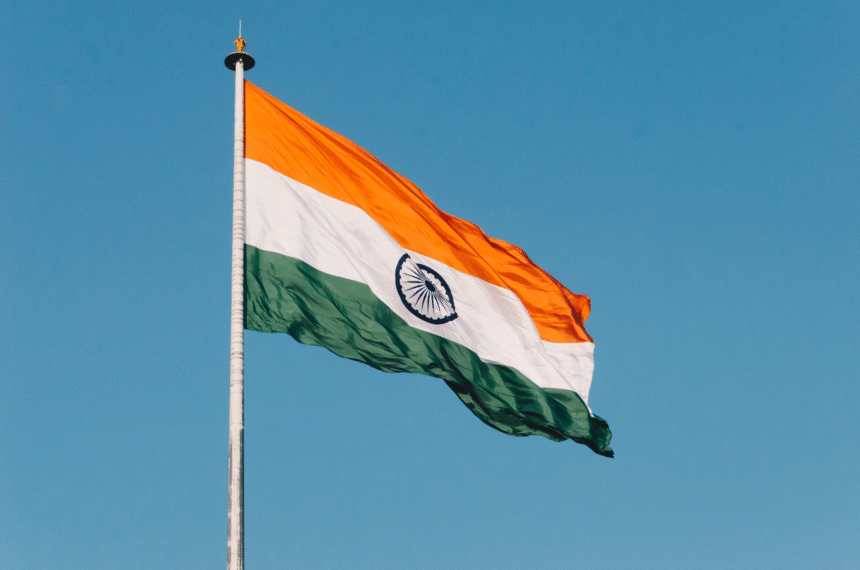India Independence Day, 15 August, Independence Day Celebration, History of Indian Freedom, Independence Day of India
Introduction – A Day of Freedom and Pride
India’s Independence Day is celebrated every year on 15th August to mark the nation’s freedom from British colonial rule in 1947. This day is one of the most important national holidays in India, symbolizing the struggle, sacrifice, and unity of millions of Indians who fought for our nation’s liberty. Independence Day is not just a date on the calendar; it is a reminder of our history and a celebration of our present and future.
On this day, Indians across the country and the world celebrate with patriotic songs, flag hoisting ceremonies, and cultural events. It is also a time to reflect on the contributions of freedom fighters and the responsibility we hold as citizens of a free nation.
india independence day
History of India’s Independence Day
India was under British colonial rule for nearly 200 years. The first major uprising against British rule took place in 1857, known as the First War of Independence or the Revolt of 1857. Over the following decades, numerous movements and protests were organized to demand freedom.
The Indian National Congress played a vital role in uniting the people for the cause of independence. Leaders like Mahatma Gandhi introduced the philosophy of non-violence (Ahimsa) and civil disobedience, while revolutionary leaders like Bhagat Singh, Chandrashekhar Azad, and Subhas Chandra Bose inspired the youth to fight with courage.
After years of struggle, the Indian Independence Act was passed by the British Parliament, and on 15th August 1947, India became a free nation. Pandit Jawaharlal Nehru, the first Prime Minister of India, hoisted the national flag at the Red Fort in Delhi and delivered the historic “Tryst with Destiny” speech.
Significance of 15th August
Independence Day is more than just a public holiday; it is a celebration of freedom, unity, and democracy. It is a day to:
- Honor the sacrifices of our freedom fighters.
- Strengthen the feeling of nationalism and unity.
- Remind ourselves of the values of equality and justice.
- Inspire future generations to work for the nation’s progress.
How Independence Day is Celebrated in India
1. Flag Hoisting Ceremonies
The highlight of Independence Day celebrations is the flag hoisting by the Prime Minister at the Red Fort, followed by a speech addressing the nation. This event is broadcast live across television, radio, and online platforms.
2. Cultural Programs
Schools, colleges, government offices, and organizations organize patriotic plays, songs, and dance performances. Students often dress in tricolor-themed outfits to celebrate the occasion.
3. Decorations and Public Celebrations
Streets, markets, and buildings are decorated with saffron, white, and green colors. People display the Indian national flag at their homes, vehicles, and offices.
4. Social Media Patriotism
With the digital revolution, Independence Day is also celebrated online. People post patriotic messages, photos, and videos using hashtags like #IndependenceDayIndia and #15August.
Famous Independence Day Quotes
- “Freedom is never dear at any price. It is the breath of life.” – Mahatma Gandhi
- “We end today a period of ill fortune and India discovers herself again.” – Jawaharlal Nehru
- “A nation’s culture resides in the hearts and in the soul of its people.” – Mahatma Gandhi
Independence Day 2025 – A Vision for the Future
As India celebrates its 78th Independence Day in 2025, the nation stands as one of the fastest-growing economies in the world. Our achievements in technology, space research, defense, and education are a matter of pride. However, we also face challenges like poverty, climate change, and social inequality.
This Independence Day is not just a time to celebrate but also to pledge to make India a more inclusive, innovative, and environmentally sustainable nation.
Conclusion
India’s Independence Day is a celebration of freedom, unity, and responsibility. It is a day to pay tribute to the heroes who made the ultimate sacrifice and to remind ourselves of our duties as citizens. As we hoist the tricolor and sing the national anthem, let us also commit to building a better future for generations to come.
